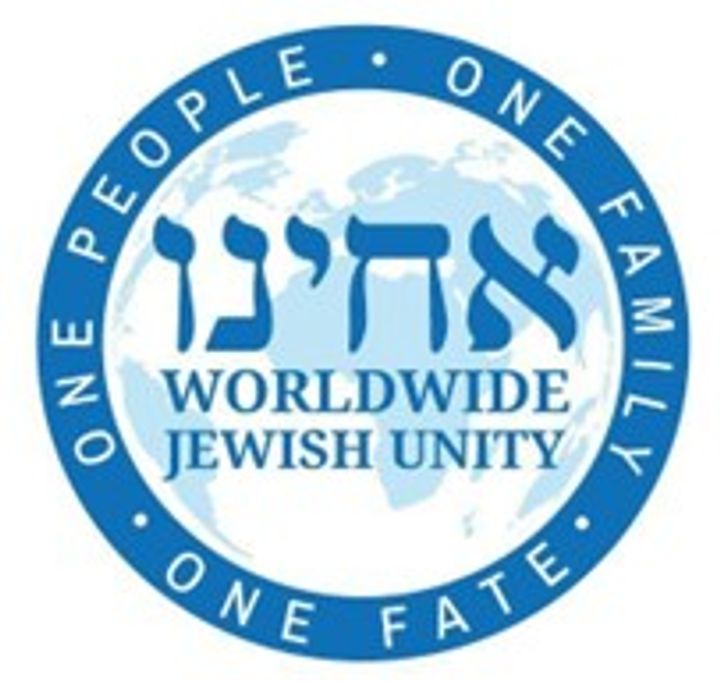

Posted on 12/02/23

This week’s parshah describes Yaakov arriving at Shechem “shaleim — whole.”[1]
Rav YY Jacobson asks:[2]
“What a gift it is — to be whole, complete. To be wholesome, unified, integrated, holistic. How many of us can claim to be whole?
In fact, nowhere does the Bible describe a human being in such a way — that he or she was "shalem," whole. It is an extraordinary description for a human being, who from the genesis of time, is characterized by duality, fragmentation, and conflict.
Apparently, something extraordinary occurred in the life of Jacob, which made him whole, precisely at this juncture of his life. What was the secret behind Jacob's "wholeness" at this moment? He had been married for years, had many children, and was a successful man. He had garnered much wealth and had dealt successfully with many an adversary.
What transpired at this moment which conferred upon Jacob this condition of "wholeness"?
Rav Jacobson links the description of Yaakov as “whole” to the scene that immediately precedes it:
There is no escaping the juxtaposition between this statement —“Jacob arrived whole”— and the preceding scene in the Torah. In the previous scene, Esau finally made peace with his brother Jacob. After decades of estrangement, hostility and ire, and the fear of outright war between the brothers, they had at last reconciled, even if they would not live together.
It is a profound development. Twenty-two years earlier Esau vowed to kill Jacob, “The days of mourning for my father are near; then I will kill my brother.”[3] Now, as they are about to meet again, we stand poised anticipating a harsh encounter. Upon hearing that Esau is approaching him with a force of four hundred men, Jacob is “very afraid and distressed.”[4] He devises an elaborate defense, including a strategy for war.
When Esau finally appears, something very different transpires. The Bible’s description of the meeting is unforgettable: “Esau ran toward him, embraced him, fell upon his neck, and kissed him. And they wept.”[5] There is no anger, animosity, or threat of revenge. Peace has at last descended upon the Abrahamic family.
The next scene in the Torah reads: "Jacob arrived whole…"
The message to us seems clear: You may be a wonderful, accomplished, and successful individual, but as long as you are not on speaking terms with your own sibling, you will not be whole. As long as a family is torn by mistrust and conflict, none of its members can be whole. You may be right or wrong in your arguments, but as long as the conflict lingers, you will remain broken. We cannot make ourselves whole, nor can we mend the world, if we lack the courage to create peace within our own families. The family is the nucleus of civilization.
A Whole People
The Jewish people, like our Av Yaakov, are only whole when we are connected to one another. We may be married with children, successful and wealthy, and have many friends, but we are not truly whole until we connect to all of the Jewish people.
Rav Shimon Shkop, the great pre-World War II Rosh Yeshiva, explained that only crude people see their existence as limited to themselves. A Jew should see his existence as inclusive of the rest of the Jewish people. Only this view, seeing ourselves as inextricably linked to the rest of the Jewish people, makes each of us whole.
Acheinu — WorldWide Jewish Unity
The Jewish world, fractured just a couple of months ago, has come together since the October 7 massacre. At first, we cried together; now, we stand, fight, sing, and dance together. The many videos of all types of Jews supporting Israel from across the world,in so many different ways, are heartwarming and highlight the familial ties that bind us so deeply. This was the feeling evinced by the nearly 300,000 people who came together in Washington, as well as the thousands who participated in the Acheinu Global Siyum in memory of those who were killed on October 7th.
We must continue to cultivate this feeling of unity and family as the war continues. The biggest challenge, which we hope will come quickly, will face us when the war is finished; will we be able to maintain this feeling of unity, even then? The more we reinforce it now, the better we will be able to hang on to it later.
Let us strive to be whole now, during war, so that we can remain whole in times of peace.
For more information about the Acheinu Jewish WorldWide Unity Program and to sign up for initiatives, see acheinu.world.
Rav Reuven Taragin is the Dean of Overseas Students at Yeshivat Hakotel and the Educational Director of World Mizrachi.
[1] Bereishit 33:18.
[2] “Is There Peace in Your Family,” TheYeshiva.net.
[3] Bereishit 27:41.
[4] Ibid 32:8.
[5] Ibid 33:4.